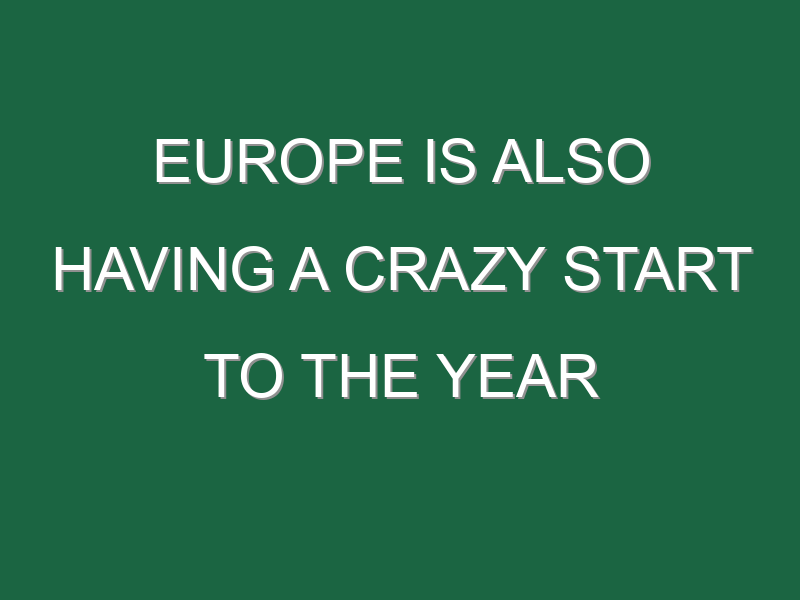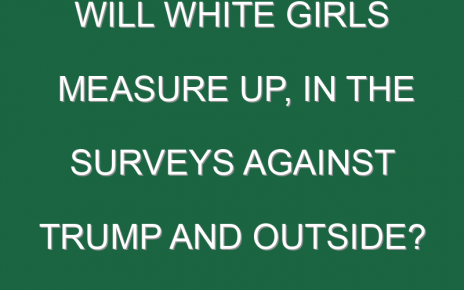Good morning. David Meyer here in Berlin, filling in for Alan today.
The United States has had an attention-grabbingly tumultuous start to 2021, so I’d like to also highlight the (mercifully non-violent) turmoil in European politics right now.
Brexit is so last year. Here’s what’s happened in the EU just in the last three days—and remember, in Europe “liberal” generally means pro-business and socially liberal, much like the dominant center-right (to European eyes) wing of the Democrats in the U.S.:
—Italy‘s government was thrown into crisis when former Prime Minister Matteo Renzi yanked his tiny, liberal Italia Viva party of out of the governing coalition, amidst an argument over how much COVID-19 relief funding should go to infrastructural investment as opposed to handouts. Prime Minister Giuseppe Conte now has a left-leaning minority government, but his other coalition partners are siding with him and he’s unlikely to step down.
—Estonia‘s government collapsed over a property-development corruption scandal involving now-former Prime Minister Jüri Ratas’s left-leaning Centre Party. Opposition leader Kaja Kallas’s liberal Reform Party will now try to form a new coalition with the Centre Party.
—The Dutch government, a centrist coalition between conservative, liberal and social-democrat parties, is close to collapse. The cause this time is a scandal over child benefits payments, in which the Dutch tax office mistakenly pursued thousands of families for the repayment of “fraudulent” claims, causing financial ruin for many. Far-right opposition leader Geert Wilders is, as always, waiting in the wings, and he’s recently been making hay by criticizing the government over its tardy vaccine rollout.
But perhaps the biggest change that’s about to occur will be in Germany, which has a federal election coming up in September. Party grandees in Angela Merkel’s center-right Christian Democratic Union will choose their new leader tomorrow. As the CDU is Germany’s dominant party, and Germany is along with France one of the biggest beasts in the post-Brexit EU, the choice will have major ramifications outside German borders.
I wrote about the candidates last February—the pandemic has delayed this election for nearly a year—but, long-story-short, the three options this weekend are Friedrich Merz (much more conservative and fiscally frugal than the centrist Merkel), Armin Laschet (the Merkel continuity candidate) and Norbert Röttgen (Merkel-esque but more of a foreign-policy hawk).
The winner could become the center-right candidate to succeed Merkel as Chancellor, or not. Health Minister Jens Spahn and Markus Söder, the head of the CDU’s Bavarian sister party the CSU, have both seen their profiles rise in the pandemic—either could soon be angling for the top of the ticket, if the CDU party congress chooses a leader who polls badly with the general German public and would make it harder for the party to find coalition partners.
So it’s not just American politics that’s dizzying right now! It was always inevitable that the pandemic would have political consequences, and we’ve only just begun to see them materialize, on both sides of the Atlantic. More news below, and have a good weekend.
David Meyer
@superglaze
[email protected]




